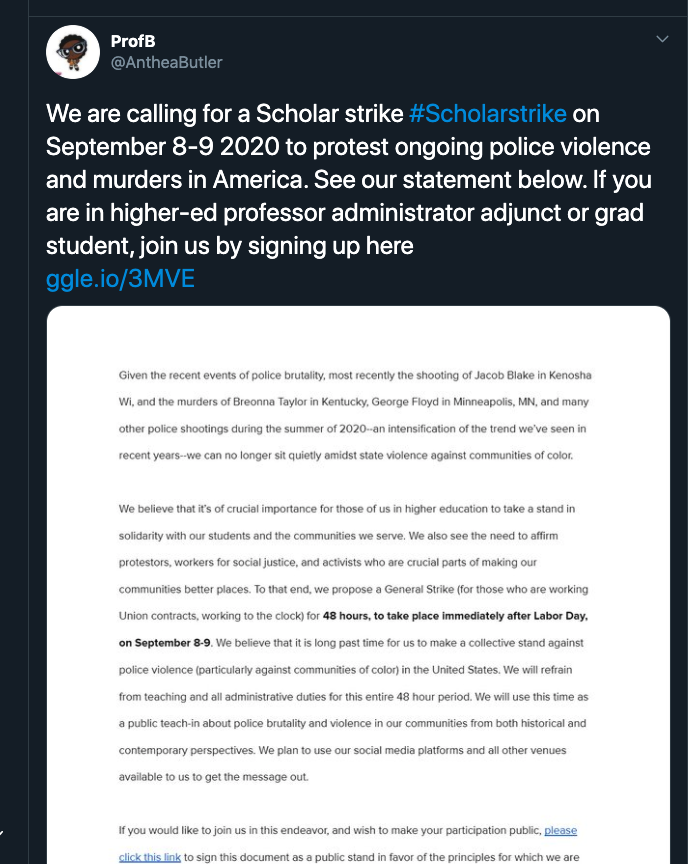CSUEU president, Catherine Hutchinson, speaks on the steps of the State Capitol in favor of SB 410 to a crowd of CSUEU and Teamsters members. Photo courtesy of Miguel Terán López
By Gabriel Gomez, Art Director
Gov. Gavin Newsom recently vetoed SB 410 in September, also known as “The Steps to Economic Parity in Salaries” (S.T.E.P.S.). Written by Sen. Connie Levya, this bill was designed to change California State University’s current salary structure to benefit CSU staff.
With the veto came a message that cited “cost pressures of $287 million in the first year” and rising costs in the ongoing general fund within the state or CSU budget plans as the reason for not signing the legislation. This came with bipartisan support from the state legislature. The governor said he is aware that a more equitable pay structure is needed at the CSU level, stating that raising wages and creating salary equity for non-faculty staff is a goal the Cal States should strive to achieve given that it is struggling with hiring and retention across the entire system.
California State University Employees Union (CSUEU) negotiated a 7% wage increase in the past, but this still isn’t enough for non-academic staff who feel that they are not being seen or heard. The impact of vetoing SB 410 has perpetuated a continued crisis of hiring and retention of employees due to stagnant wages and lack of professional advancement as outlined in a salary study conducted by Mercer. This includes an impact on services and programs for students such as high turnover in the Title IX office and Human Resources Management office.
CSUEU’s plan is to put pressure on the CSU Board of Trustees and the campus presidents to implement a step system into the CSU. Miguel Terán López who is vice president and organizing chair of CSUEU Chapter 314 said, “We want a S.T.E.P.S. system, if we don’t have it, there’s no opportunity for us to grow in our salary scales. Non-faculty staff stays stagnant and does not scale.”
The union is becoming vocal with its concerns and hoping for written support from President Parham in favor of the step system. “The board of trustees will be more likely to listen if we have the backing of our president,” López explained. “We are hoping that each campus will organize and put pressure on their own presidents and all the presidents in conjunction can speak to the board and express their support for the S.T.E.P.S. system.”
Not approving this system would result in a high turnover rate with staff who find that their salaries are not commensurable to their experience, skills, knowledge and training. More often than not, they look at other opportunities outside of CSUDH and leave campus for other jobs. It also affects morale within the staff. Those who don’t leave, don’t have the incentive to work at high performance and produce quality work.
“We know that administration and the CSU don’t value our work because it’s evident from the lack of investment that they don’t provide to the staff in relation to the salaries. This affects the quality of services to students and student life, their overall experience and journey through their educational system,” López said. “We hope that we will have an impact by this academic year. We want to resolve this without any impact on students. If this particular situation does not resolve, then strike is an option during the 2023 negotiations.”
Miguel also wanted to correct a misconception that has been floating around campus. “If the S.T.E.P.S. system is passed, students will not be paying for it with their tuition. The last thing we want is staff getting raises that are going to have a direct impact on student fees being raised.”
CSUEU’s criticism of the CSU Board of Trustees (BOT) 2023-24 budget proposal is that it barely covers a 2% general salary increase. That rate will not keep up with inflation. The proposal does not prioritize students’ and employees’ basic needs, such as food and housing which are critical to student life on campus.
López stated that the mission for CSUEU in the incoming year includes calling on the CSU to prioritize funding by implementing a salary steps system, as recommended by a study done by Mercer. They will also continue to work with other labor unions and stakeholders, including students, to build a CSU community where all can thrive, not just executives and administrators.



